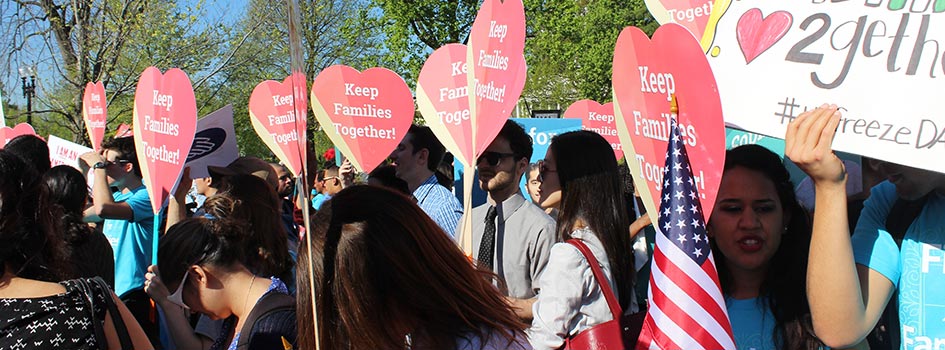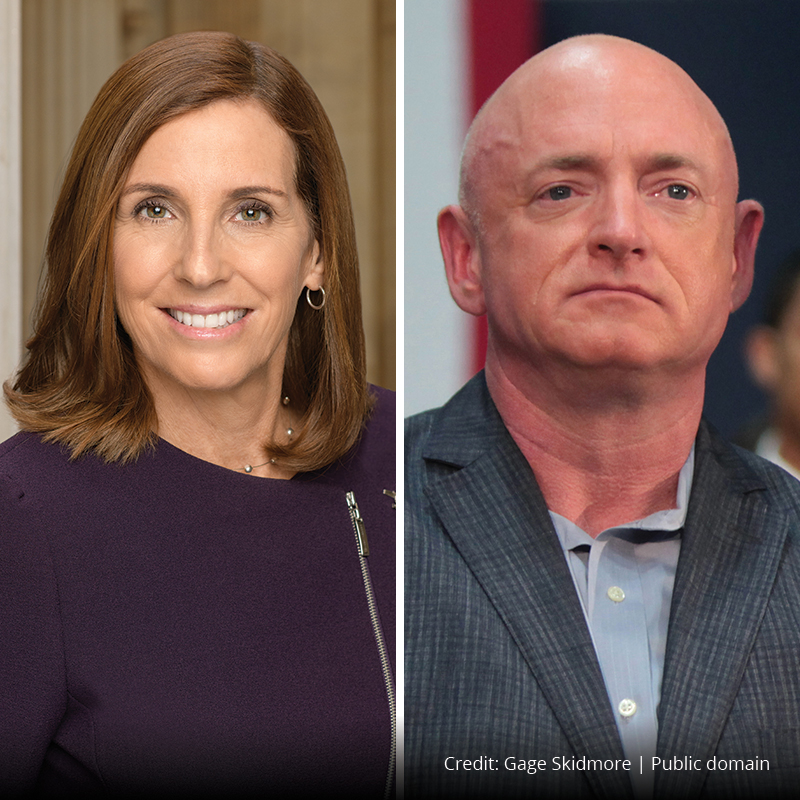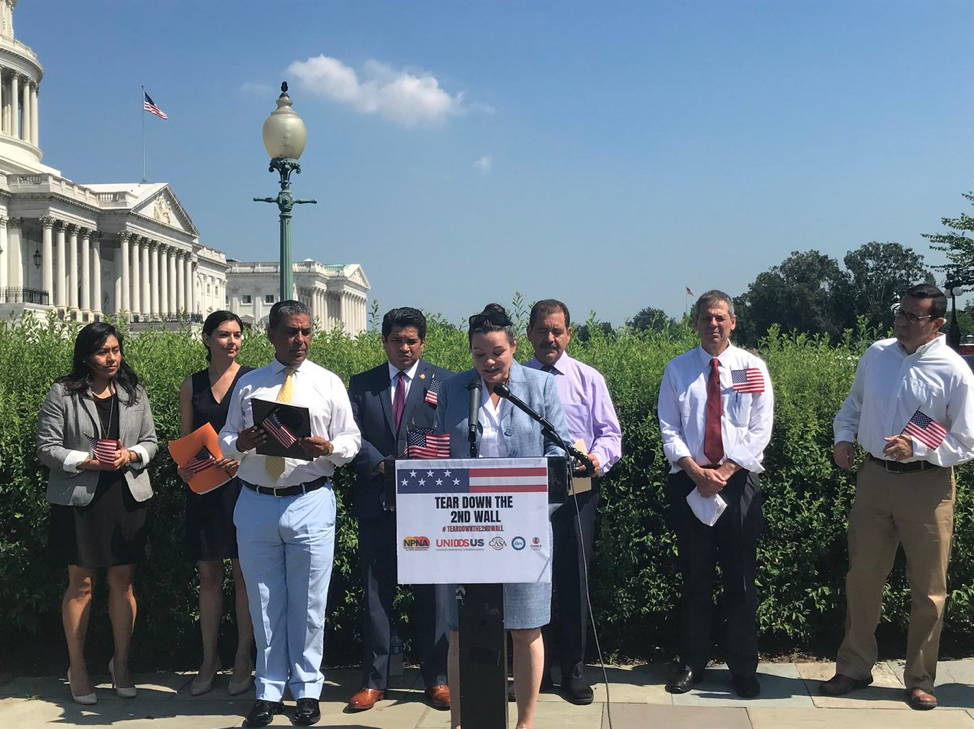Toxic Policies: The Long-Term Damage Caused by Separating Families

In recent months, those of us who have experienced living in the shadows as undocumented individuals or have family members or friends who are currently undocumented have been triggered daily by the words and actions of the Trump administration. While President Trump technically halted the cruelty of separating children from their parents at the border, his administration has done little to address how the families already torn apart will be reunited.
According to the Department of Homeland Security, 711 immigrant children are still being detained without a parent. Children being forcibly taken and separated from their parents will suffer serious negative health consequences while being detained, without a trusted caregiver, and in the future.
“This policy is—unfortunately, it’s almost a recipe for toxic stress. What this policy puts into place defies all of the science about what we know about the long-term implications of children’s exposure to significant adversity and how we can mitigate that damage,” said Dr. Nadine Burke Harris, founder and chief executive officer at the Center for Youth Wellness, in a recent Vox article.
THE UNSEEN PAIN

As an undocumented child and adult living in the United States, my post-traumatic stress disorder (PTSD) symptoms have been triggered by witnessing the forced separation of children from parents crossing the US-Mexico border. I am certain thousands of others who suffer from PTSD have had similar experiences watching and reading about these families.
Trauma manifests itself in many forms. Our brain may be tired, hungry, stressed and detached. When we are in a state of constant stress, we never feel entirely safe. A brain that has experienced consistent adversity will become reorganized when triggered bringing back memories from the past about a painful event.
These families, even if they are fortunate enough to be reunited, may experience long-term pain from these horrific experiences at the hands of our government.
Immigrant children face unique challenges—one of them is that they often must represent themselves in front of an immigration judge. https://t.co/2ZH5iDTgjm
— UnidosUS (@WeAreUnidosUS) August 21, 2018
TAKING A STAND
In 2014 I became a naturalized U.S. citizen. I know I was lucky and I remain grateful. I voted for the first time in a presidential election and for myself on November 8, 2016. I don’t take the privilege of becoming a U.S. citizen for granted, nor the opportunity to serve my community as a governing board member in the Osborn School District (Phoenix, Arizona). My role comes with great responsibility and heightened concern about those who may never be blessed with the same opportunities.
As a parent of two boys I can’t imagine being separated from them and the mere thought causes me, and every parent, stress and anguish. As a school board member serving preschool to middle school children, I feel it is my moral responsibility to act. I can no longer sit back and wait to see what is going to happen tomorrow.
The Osborn School District serves 3,000 students, 67% of whom are Hispanic, in Central Phoenix. Students in the school district represent 49 countries and speak 31 languages. A statement of concern on family separation was drafted and approved during our last Governing Board meeting on July 10. Releasing this statement was a good first step, but I know we need to do more.
Visit the links below to learn how you can help separated families:
Catholic Charities of the Rio Grande Valley
RAICES and their bond fund for family reunification
By Ylenia Aguilar, Arizona Education Organizer, UnidosUS
Do you know someone who needs immigration legal resources? Needs to renew their #DACA? Share this list of UnidosUS affiliates with them who can help: https://t.co/WDHKevyO02
— UnidosUS (@WeAreUnidosUS) August 21, 2018




